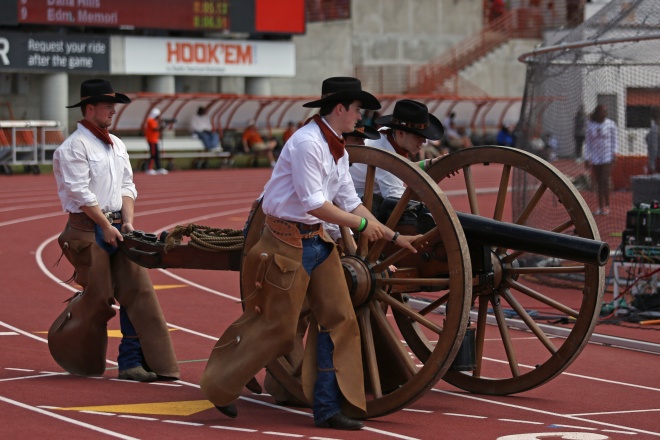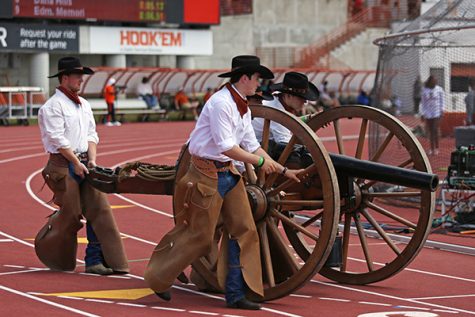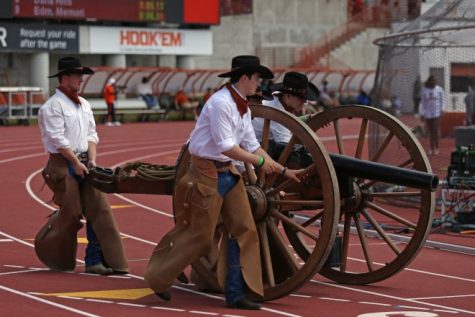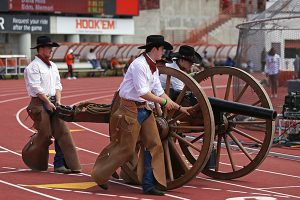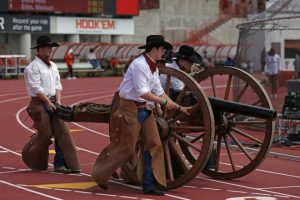What you need to know about Texas Cowboys’ return, how UT handles hazing violations
March 10, 2023
In the past three years, UT published 22 hazing violations by student organizations. UT-Austin has the most reported hazing violations of all University of Texas System universities according to information from each university’s online hazing reports.
One of the most recent student organizations suspended for a hazing violation was the Texas Cowboys. The spirit group was suspended following a 2018 investigation, initiated by member Nicholas “Nicky” Cumberland’s death, which found evidence of hazing including physical brutality, calisthenics and animal cruelty dating back to fall 2015. Last month the University approved the Texas Cowboys application for a provisional return to campus.
“It’s a terrible situation when young people lose their life through activities of their peers and people that you think are your friends,” said Mike Perrin, a 1967 Texas Cowboys pledge. “But it’s my hope that this approach, which seems to have continued input and monitoring, would be successful. I really hope so.”
Brian Antweil, president of the Texas Cowboys Alumni Board of Directors said he hopes the organization will be successful following their reinstatement on the University’s campus.
“What happened to Nicky Cumberland, I can’t give any words to it. I have three kids. I understand how devastating anything like that would be,” Antweil said. “If there’s any legacy that I want to leave, I want us to come back and I want us to stay back and by virtue of that, it means we got to do this right.”
The Texas Cowboys, along with Pi Kappa Phi fraternity, were granted provisional return through part of the University’s new Nine Dimensions of Successful Student Organizations program. The program was created as a pathway for student organizations to successfully reemerge on campus, said Katie McGee, executive director for student conduct and academic integrity.
McGee said that the fact that the University receives more reports of hazing than other Texas universities isn’t necessarily an increase of hazing and could be a result of successful communication campaigns by the University.
“UT-Austin has spent a lot of time and effort pumping out ‘If you see something that looks like hazing, report it, share it, tell us’. We have had an increase in reports, (but) that doesn’t necessarily correlate to an increase in findings,” McGee said. “I always tell folks: don’t assume that we know (what is going on).”
The provisional return program is not time-based, according to a statement from the University. Instead, groups like the Texas Cowboys work to complete each step at a time before being granted official status as a student organization.
“We want to be part of the solution and we are probably one of the best organizations to do that,” Antweil said. “So I’m happy we get this opportunity. I’m humbled by it. I mean, we really want to do it right.”

